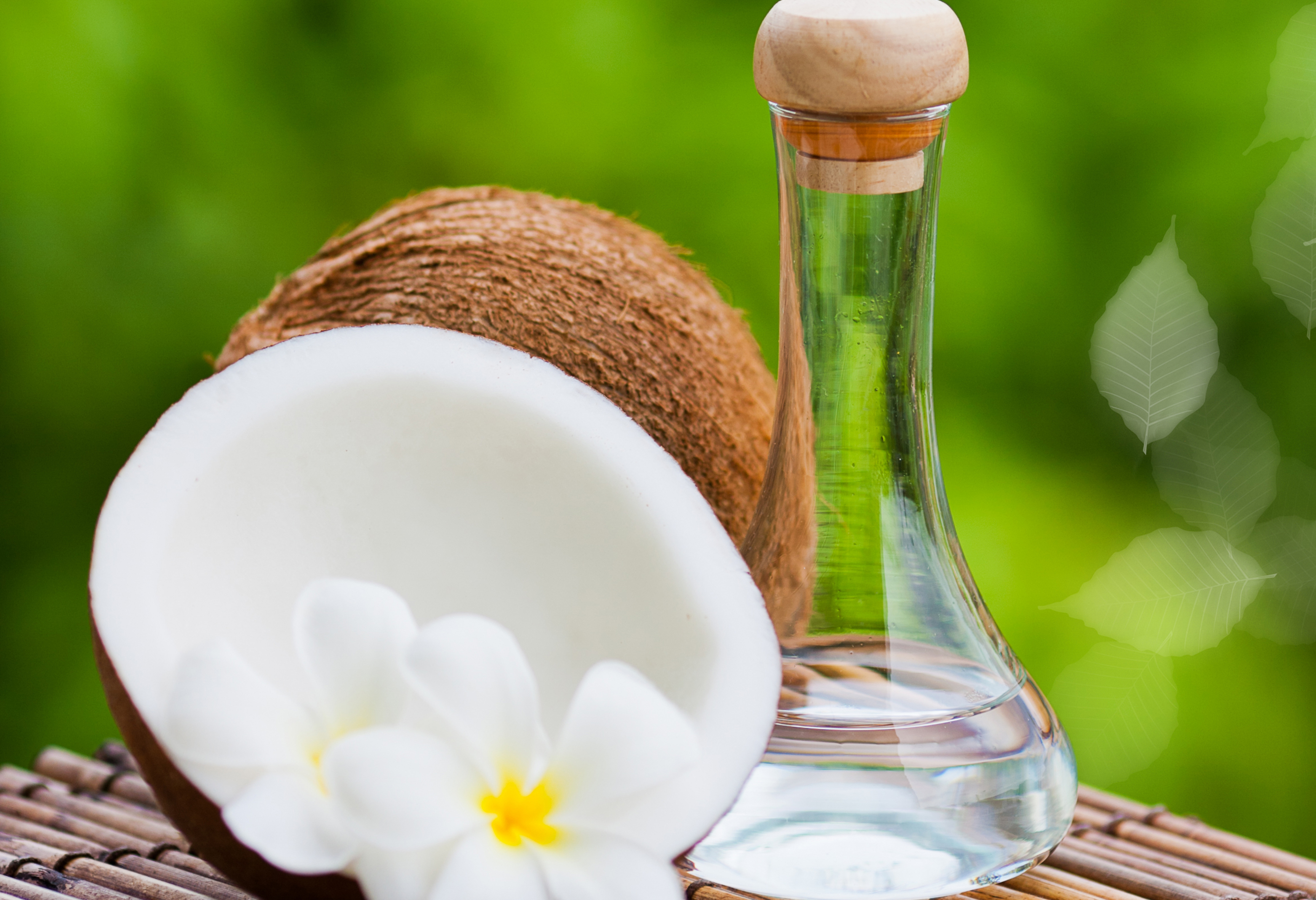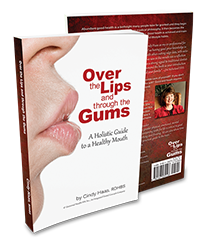Ayurvedic Practice of Oil Pulling
Recently I was interviewed by a health columnist from the local paper regarding my thoughts on the Ayurvedic practice of oil pulling. The article was nicely done, presenting two perspectives on the topic, mine and that of a dentist. My belief is based upon reading what others have written about the subject, coupled with it being a 2000 year old practice, and my experience of trying it for myself. It is a pretty simple, noninvasive concept to try, costing nothing more than a few minutes of your time each day, and a little bit of oil. One has everything to gain, and nothing to lose. At best, it might do something unexpected; at worst you will notice no difference. Either way, you have everything to gain and nothing to lose by trying it.
We live in a very microbial world, and we live in a very chemical world. Anything we can do to lighten the microbial affect on our bodies, without introducing more chemicals for our bodies to deal with, is worth considering in my humble opinion.
I can only speak from my own experience, and acknowledge that I have no idea what benefit, if any, someone else might experience. We are all unique and different, so our results might also be unique and different. I do agree with the dentist interviewed in the article, it is not a replacement for routine dental care, it’s an adjunct. I would also like to point out that it’s a 2000 year old practice in another culture, and research is a very costly venture. People don’t get paid to perform scientific research unless there is some monetary reward for a favorable outcome. It would be difficult to make a profit from having people swish oil in their mouths each day, therefore, expecting someone to finance the research to disprove a practice that’s been done for thousands of years doesn’t make sense.
In the late 1960, Dr. Kilmer McCully started doing research on the relationship between elevated homocystine levels and cardiovascular disease. Dr. McCully had 10 years worth of published, scientific research supporting his stance that a diet deficient in dark leafy green vegetables contributed to elevated homocystine levels, which in turn caused inflammation in the arteries that got patched up with cholesterol. It was Dr. McCully who said the cholesterol was a symptom, not the cause of the problem. Unfortunately, there was no money to be made from telling people to eat more vegetables so his research was discounted and he was given the whistle blower treatment, being banished from his Harvard position. Currently Dr. Caldwell Esselstyn and T. Colin Campbell of Forks Over Knives Fame have championed the benefit of a plant-based diet to improve over all health. T. Colin Campbell, after spending a lifetime in research makes note in his book, The China Study, that somebody pays for all research, and he who holds the purse strings controls which studies get approved. Research is valuable, but not all-inclusive. So again, my stance is to try oil pulling for yourself, you have everything to gain and nothing to loose. If you choose to wait for the research to validate a 2000 year old practice, you may wait for a very long time.
Read the article published in the Columbian by Marissa Harshman
Quote from Cindy in the article: “I respect someone’s choice to do something like this,” he said. “But as a dentist and as a teacher — I teach classes at OHSU — I just don’t know of any scientific evidence to support it.”


